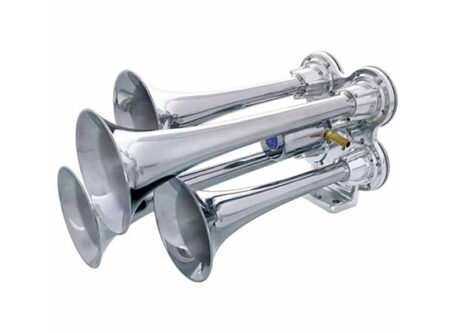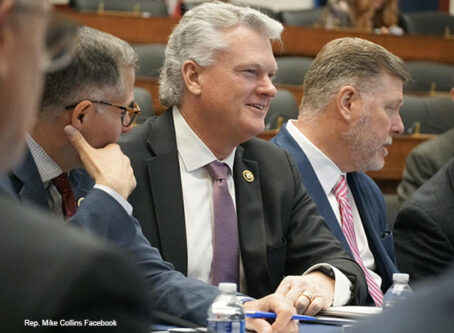OOIDA maintains push for broker transparency
Many of the problems that truckers face regarding brokers could be solved by simply enforcing current regulations, the Owner-Operator Independent Drivers Association told FMCSA.
“For years, small-business truckers have expressed frustration that regulations designed to establish fairness and transparency between motor carriers and brokers have been routinely evaded by brokers or simply not enforced by the Federal Motor Carrier Safety Administration,” OOIDA wrote in formal comments signed by President Todd Spencer.
“We believe many of the underlying issues could be solved through better compliance and enforcement of current regulations, as well as finally implementing legislative provisions enacted years ago to prohibit dishonest brokers from conducting business within the trucking industry.”
In November, FMCSA issued interim guidance regarding the agency’s interpretation of the definitions of “broker” and “bona fide agents.” As part of the guidance on brokers, the agency clarified the relevance of an entity’s handling of funds in a transaction between shippers and motor carriers.
“After consideration of the stakeholder comments and the important role of financial responsibility in broker regulation, FMCSA wishes to clarify that handling money exchanged between shippers and motor carriers is a factor that strongly suggests the need for broker authority, but it is not an absolute requirement for one to be considered a broker,” the agency wrote.
OOIDA response
OOIDA responded to the guidance on Tuesday, Jan. 17, and used the opportunity to express its concerns regarding the lack of broker transparency in the industry.
The Association said that the way brokers are defined is not the root of the problem.
“We concur with the agency’s assessment that the current definition of broker provides sufficient clarity to distinguish between brokers, bona fide agents and dispatch services,” OOIDA wrote. “It is not the definition of a broker that constitutes potential problems but rather how the business itself operates. We also agree with the emphasis on the relevance of an entity’s handling of funds in a transaction between shippers and motor carrier. If a business or entity is acting in a financial role between both the shipper and the carrier, then this should make them a broker.”
In 2020, OOIDA petitioned FMCSA to begin the rulemaking process for more transparency in transactions with brokers
The petition asks the agency:
- To require brokers to automatically provide an electronic copy of each transaction record within 48 hours after the contractual service has been completed.
- To explicitly prohibit brokers from including any provision that requires a carrier to waive their rights to access the transaction records.
CFR 371.3 already requires that brokers keep records of each transaction with a carrier and that each party to the transaction has a right to view these records.
“Now that FMCSA has issued guidance on the definition of brokers and bona fide agents, we urge the agency to swiftly pursue actions that would prevent deceptive brokers from perpetrating the industry,” OOIDA wrote. “FMCSA must update broker transparency regulations and ensure motor carriers have access to transactional information as intended in 49 CFR 371.3.
“We also welcome the recently published Broker and Freight Forwarder Financial Responsibility notice of proposed rulemaking. If implemented properly and strengthened in key areas, this proposal will help mitigate the need for interpleader proceedings and alleviate broker nonpayment of claims. OOIDA remains ready to work with FMCSA to determine the best solutions to improve routine broker compliance and ensure a fair, safe, and reliable transportation system for our country.”
FMCSA Administrator Robin Hutcheson told Land Line in October that the agency plans to address OOIDA’s broker transparency petition in 2023. LL
Land Line’s Tyson Fisher contributed to this report.









